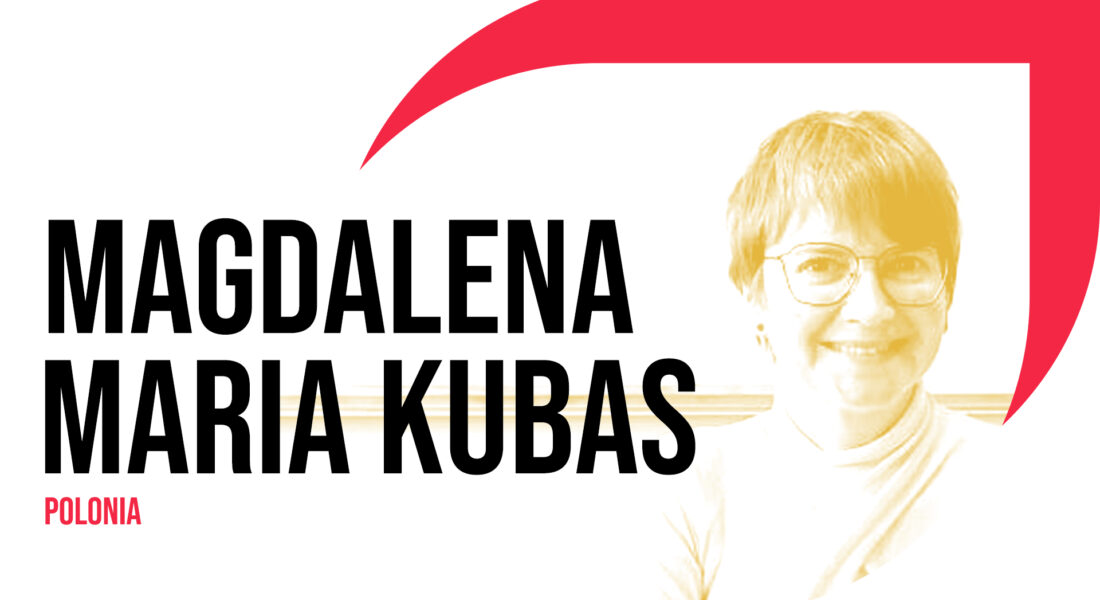
I thought it was interesting to study the story of Antonia Pozzi because I have always been interested in the problems related to being a woman in literature, female expression, the representation of women, writer
Permanently in Italy since late 2007, Magdalena is 42 years old and originally from Poland, specifically Chelm (20 km from the Ukrainian border), although she grew up in Slezia.
She speaks Polish, Italian, French, Spanish, English and a little Russian. She learned Italian through an intensive course at the University for Foreigners in Calabria and through a self-taught book printed in Poland in the 1970s that contained readings on industrial development. “I am very fond of that book even though when I arrived in Reggio Calabria I realized it had nothing to do with the reality of that time”.
The choice of Italy was dictated by health reasons. From an early age, she had suffered from a rheumatic disease for the treatment of which she was recommended to spend the winter in a warm climate. She went to Reggio Calabria, to a close friend of her mother’s.
This journey influenced her choices about the future. Graduated at the music conservatory, in 2002 Magdalena enrolled at the University of Krakow to attend the “Faculty of Italianistics,” i.e., Italian philology, from which she graduated in 2006. After an Erasmus year in Bologna, she was a translator and interpreter; to deepen her knowledge of the French language and culture, she spent a semester at the Catholic University of Lyon and then worked in Warsaw as a research assistant.
studies at the University for Foreigners in Siena, finishing it in 2011 with a thesis dedicated to AnIn Italy, she attended doctoraltonia Pozzi, a poetess from Milan.
“I’ve always been interested in issues related to being a woman in literature, female expression”.
Having arrived in Turin three and a half years ago for her husband’s job, Magdalena is working at the University as a research fellow dealing with a European project dedicated to the narration of models of holiness (particularly of Women Saints such as Our Lady, Mary Magdalene and Vilgeforte) and literature in the Church’s social networks, to study how these models affect people’s lives.
“A woman’s career is always conditioned by motherhood, and this greatly affects her presence in management spheres”. In the world of Polish research, women’s participation increased in the twentieth century, when many men’s involvement in wartime operations and the consideration of work as low-paying gave way to women, who thus achieved great emancipation.
In Italy in the area of research, women, even more so if they are foreigners, are not facilitated.
“Currently the situation is much improved (…) there is a nice openness, with many researchers coming from outside. This makes the University of Turin more attractive”.
Magdalena’s integration was rather smooth, perhaps due to her coming from a Chengen-area state and especially her linguistic knowledge.
Her main cultural scientific contribution to our country can be seen in her decade-long participation in the editorial board of the academic journal Quaderni del ‘900 (now in band A), whose coordination she has taken over with her colleague Eugenio Murrali since 2021.
This is a literary studies periodical whose mission is to publish the work of young or otherwise “unstructured” researchers.


